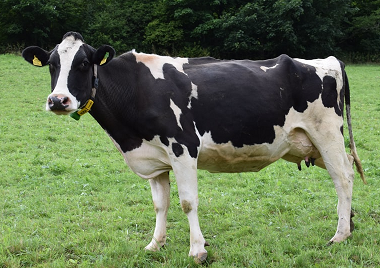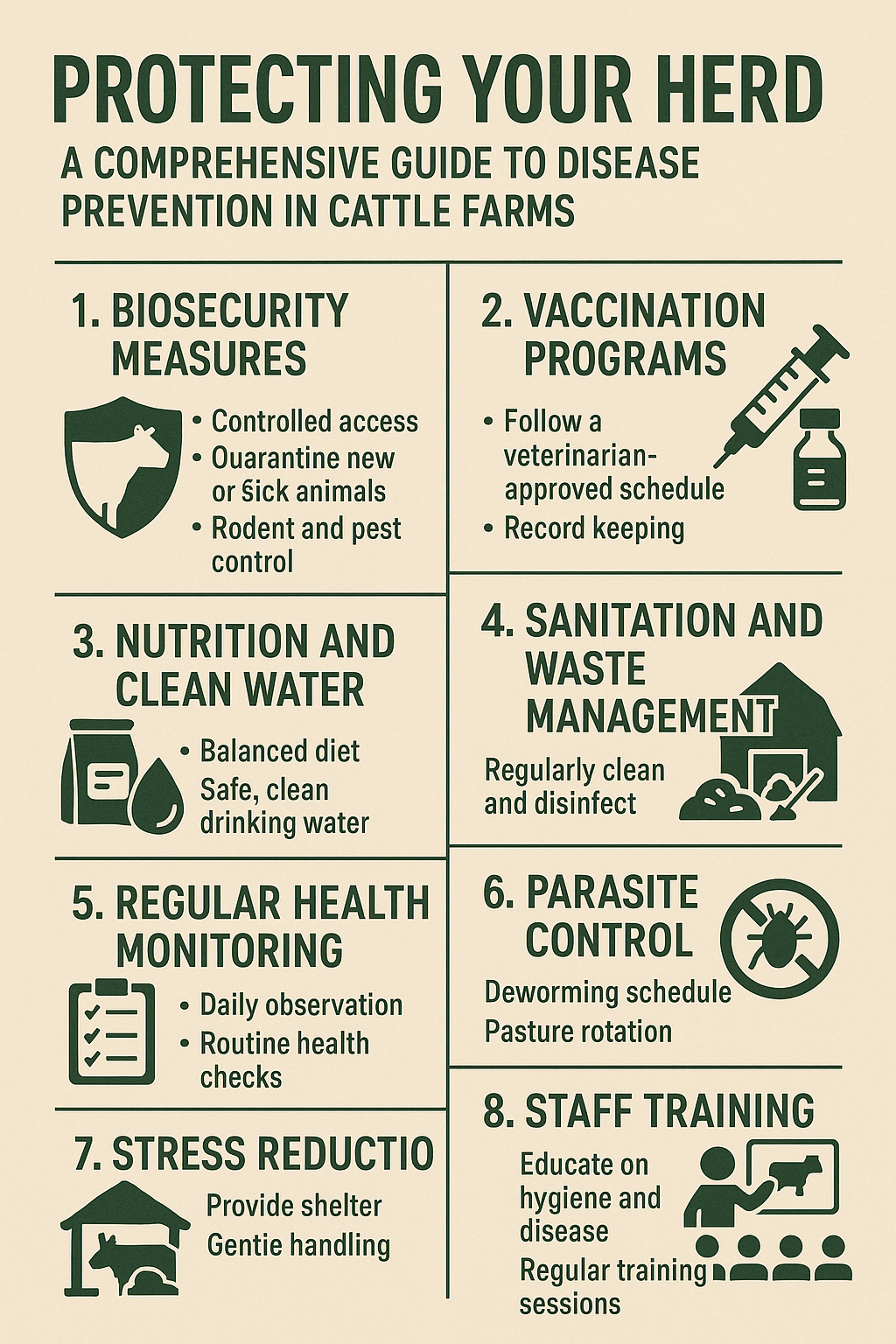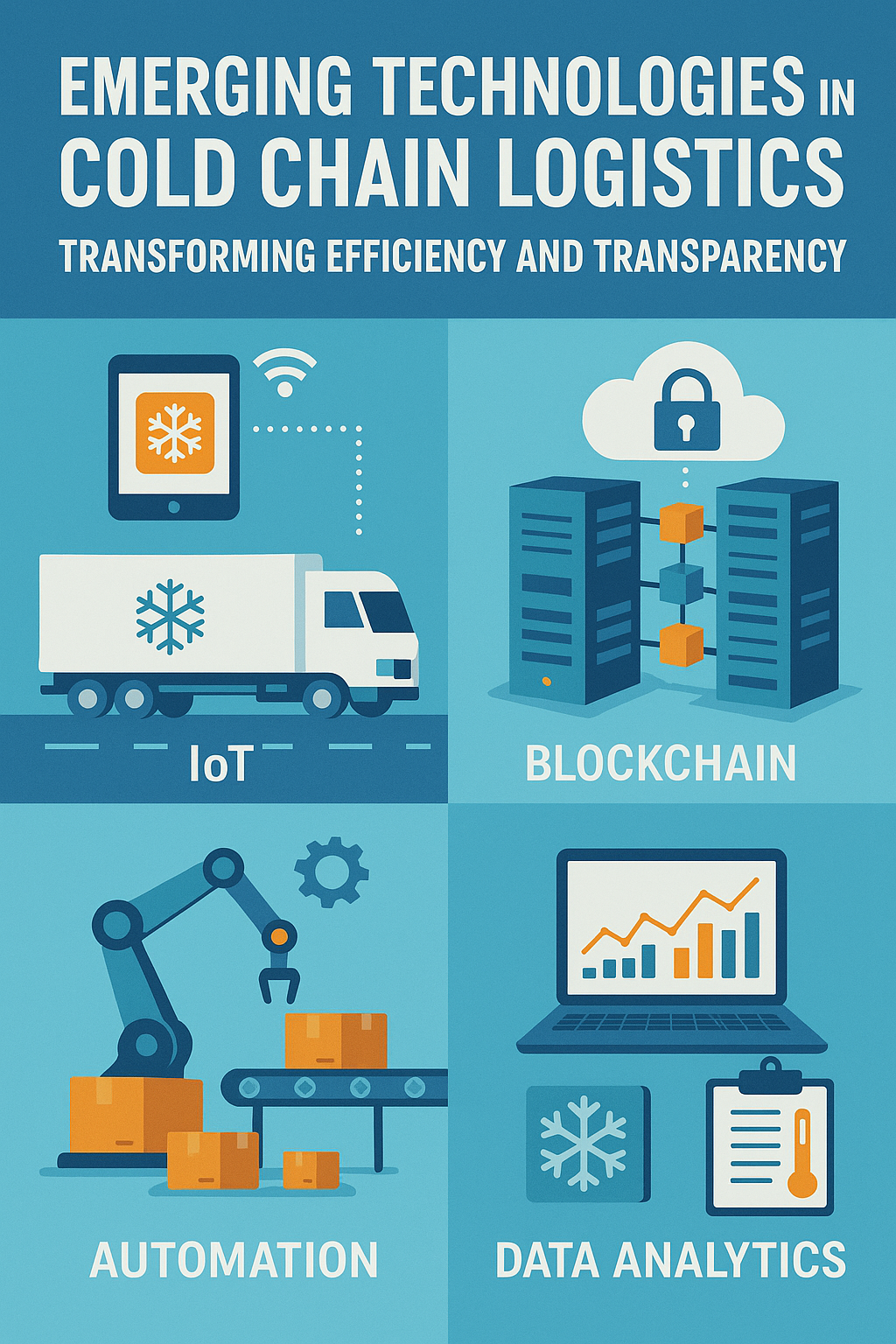
Introduction
Biotechnology is the use of organisms or enzymes to get valuable products. But in some process it has some ethical issues such as manipulation of genes in recombinant DNA technology, genetically modified (GM) organisms such as transgenic animals. Ethical issues arise due to ecological harms, interference to nature, and community issues.
Ethics are system of moral principles (i.e.) rules or standards that govern the way people behave and their decisions on the right thing to do. An example is embryonic stem cell research. Researchers believe that this could have great potential for cure of incurable diseases. But some people in the society believe that it involves the use of fetus which has a potential to develop into human being.
Embryonic stem cell research
Pluripotent stem cell lines can be derived from the inner cell mass of the 5 to 7 days old blastocyst. It became objects of bioethical controversy mainly revolving around the issue of the moral status of human embryos. As a matter of religious faith and moral conviction, they believe that “Life begins at conception” and that an embryo is therefore an individual and destroying the life is unethical (Lo B and Parham L, 2009).
Gene manipulation
Usually, there are two types of gene manipulation occurs (ii) Gene repair can replace abnormal segments of DNA in defective genes in their normal chromosomal site. (iii) Gene replacement techniques permit excision of the abnormal gene from its chromosome and replacement with a normal gene. Gene therapy techniques can be broadly classified as somatic cell gene therapy and germ-line therapy. Germ-line gene therapy is far more technically difficult than somatic cell therapy and also faces lot of ethical issues comparatively. The controversies include playing with nature or God. What will happen if new genetic modifications can lead to life threatening issues? We cannot able to control the undesirable effects (Sade RM and Khushf G, 1998).
Genetically-modified organisms
Genetically-modified organisms (GMOs) are produced by recombinant technology that alters the genetic machinery of such living organisms as animals, plants or microorganisms and the resulting organisms are usually termed as ‘Genetically modified (GM)’, ‘Genetically engineered’ or ‘Transgenic’. The benefits include enhancement of animal health and productivity (milk, meat and eggs) by means of increased disease resistance and feed conversion ratio using biotechnological interventions. But the controversies include violating natural organisms’ intrinsic values, tampering with nature by mixing genes among species and other unknown effects (Bawa and Anilakumar 2013).
Regulatory authorities
FDA (Food and Drug Administration) and the food industry represented by the International Food Biotechnology Council (IFBC) monitors the use of animals in trials. The other regulatory agencies include U.S. Environmental Protection Agency (EPA) and USDA (United States Department of Agriculture). National Institute of health provides guidelines for Research Involving Recombinant DNA Molecules. There is a Recombinant DNA Molecule Program Advisor committee working under NIH.
In India, Review Committee on Genetic Manipulation (RCGM) function under of Biotechnology (DBT) monitor the safety related aspects of ongoing recombinant DNA technology and activities involving Genetically Engineered (GE) organisms/ hazardous microorganisms. It is the regulatory body for receiving and reviewing the applications to conduct confined field trials (such as event selection trials, Biosafety Research Level I trials (BRL-I), pollen flow studies or any other trial involving GE organisms) and recommend appropriate studies to be conducted for data generation for biosafety assessment as per clause 4, as per the decision of the Genetic Engineering Approval Committee (GEAC) for its authorization. Below the table indicates the biotechnology authorities in India.
| COMMITTEE | FUNCTIONING UNDER |
| RDAC (Recombinant DNA Advisory Committee) | DBT (Department of Biotechnology) |
| RCGM (Review Committee on Genetic Manipulation) | DBT (Department of Biotechnology) |
| GEAC (Genetic Engineering Approval Committee) | MOEF (Ministry of Environment & Forests) |
| IBC (Institutional Biosafety Committee) | Research Institution/Organization level |
| SBCC (State Biotechnology Coordination Committee) | State Government |
| DLC (District level Committee) | District Administration |


Barathiraja S1, Mathivathani C2 and Sunil Kumar Mohapatra3*
1,3Department of Veterinary Biochemistry, Rajiv Gandhi Institute of Veterinary
Education and Research (RIVER), Kurumbapet, Puducherry – 605 009
2Department of Veterinary Parasitology, Rajiv Gandhi Institute of Veterinary
Education and Research (RIVER), Kurumbapet, Puducherry – 605 009
*Corresponding Email: sunilium46@gmail.com

















